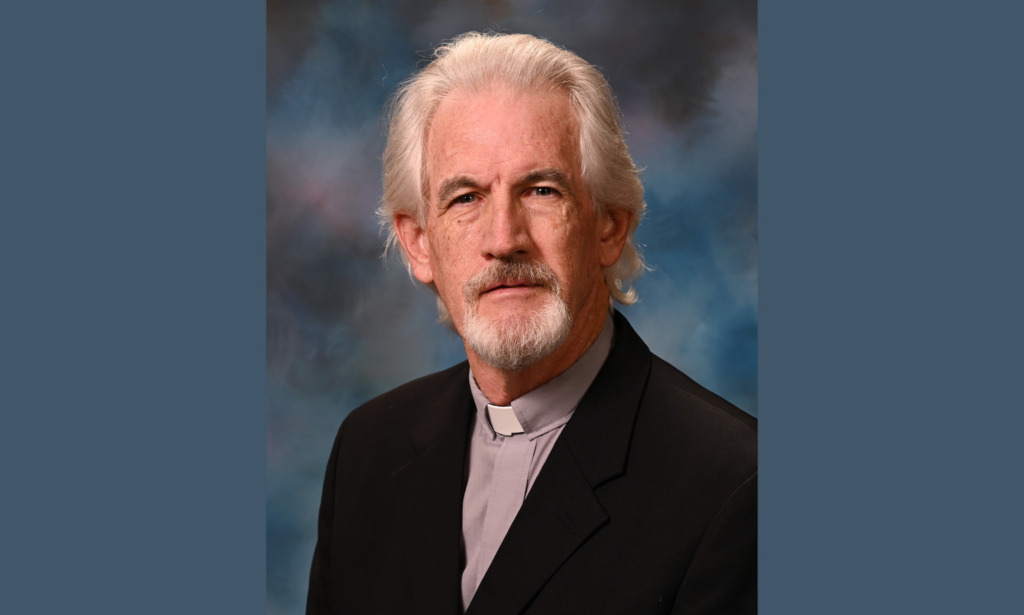Fourth Sunday of Easter Acts 13:14, 43-52; Ps 100 1-2, 3, 5; Rev 7:9, 14b-17; Jn 10:27-30
During the Triduum, we celebrated in a special way the new covenant God has made with us through Jesus. As we continue to celebrate this new covenant, we are reminded of two great truths on this Good Shepherd Sunday. We are told that Jesus and the Father are one, and of the universality of the flock Jesus gathers together in God’s Kingdom, in heaven and on Earth.
In ancient cultures, covenants were a way of life and a number of elements were included in these covenants. Three aspects of these covenants were the co-mingling of blood, a permanent reminder of the covenant, and promises or agreements made by the parties to each other.
The parties to a covenant would cut themselves, mingle drops of their blood with wine and drink this mixture of wine and blood, indicating unity, oneness and a common purpose. Then they would put something in the cut to create a scar, a permanent reminder of the covenant. A third aspect would be promises or assurances made as a consequence of adhering to the covenant.
At the institution of the Eucharist, Jesus says, “This is the new covenant in my blood” (Lk 22: 20). Jesus gives us his body and blood in the Eucharist and in his passion and death. Every time we receive Eucharist, we co-mingle the precious body and blood of Jesus with our being, thereby saying yes to the covenant.
On the evening of the resurrection, Jesus appeared in the upper room and showed those gathered there the marks in his hands and feet, permanent reminders of this new covenant. At every celebration of the Mass, every time we receive Eucharist, every time we look upon a crucifix, we are reminded of this covenant.
The permanent mark of this covenant for us is our baptism, which joins us to God and makes us one with him. The offering of our entire self to God, in service to others through prayer and sacrifice, is also sign and symbol of our acceptance of this new covenant.
In this covenant we are given promises and assurances. The Scripture readings tell us those who remain in covenant with Jesus are assured that no one can take them away from God, and those who have been “washed in the blood of the Lamb” will rest in the presence of God. Psalm 100 also assures us the Lord’s “kindness endures forever… his faithfulness to all generations.”
This new covenant is for all people. In Acts, Paul affirms that this new covenant is offered to the Gentiles as well as the Jewish people. Revelations speaks of “a great multitude from every nation, race, people, and tongue… who have been washed in the blood” (7: 9,15).
In this covenant, we are called to be one with Christ, collectively and individually. If my life is intertwined with Jesus’ and your life is also intertwined with Jesus, then our lives are woven with one another through Jesus.
If we are totally immersed in the person of Jesus, washed in the blood of this covenant, it causes a permanent change in our consciousness and we become one with Jesus. Jesus welcomed all people as equals, and if we become one with Jesus, how can we treat others differently?
How can we hate or discriminate, allow racism and bigotry to exist? As people whose lives are so intimately connected with Jesus, how are we called to live in relationship with others?
Deacon Christopher Colville serves at Church of the Redeemer, Mechanicsville.

